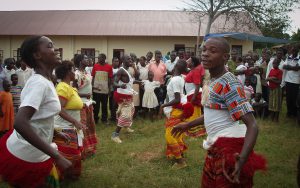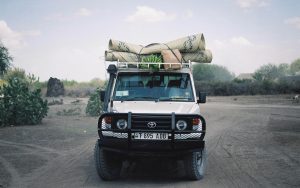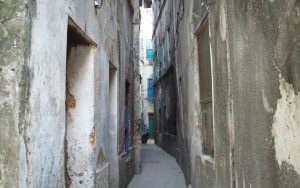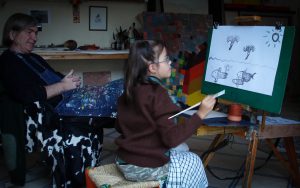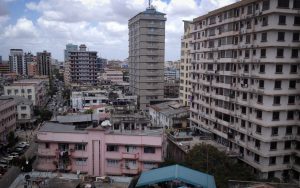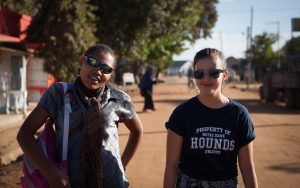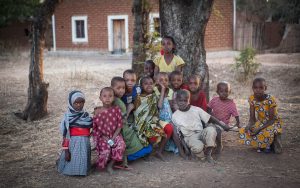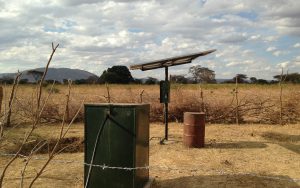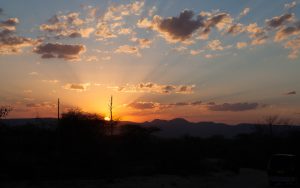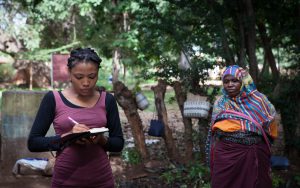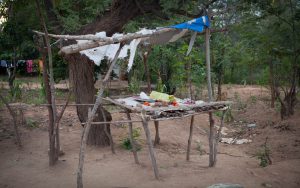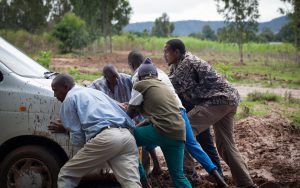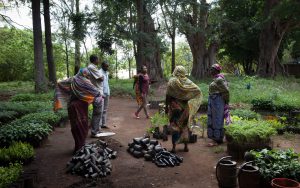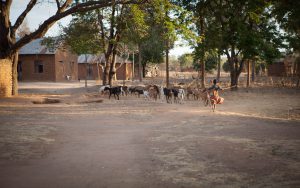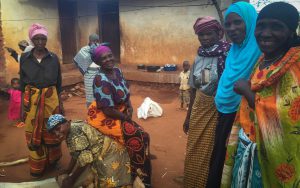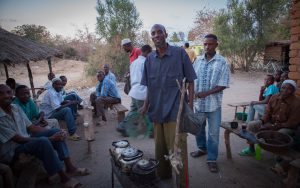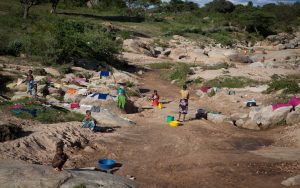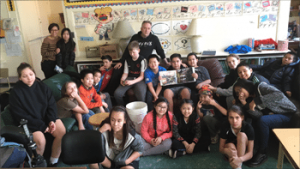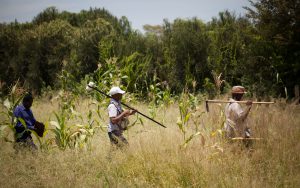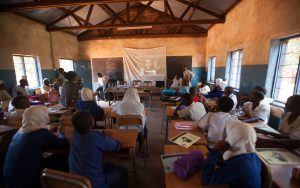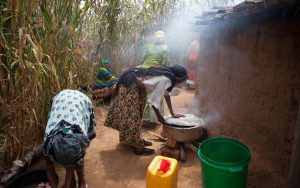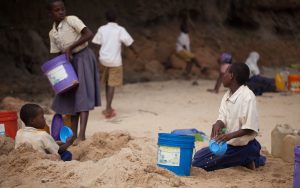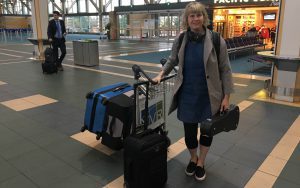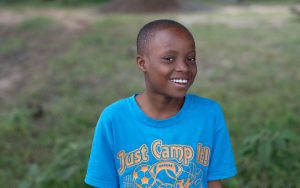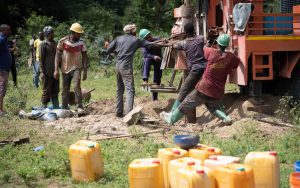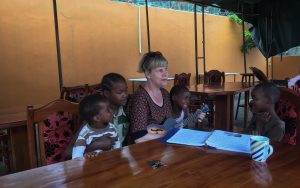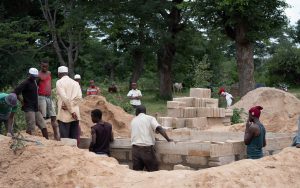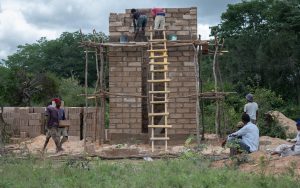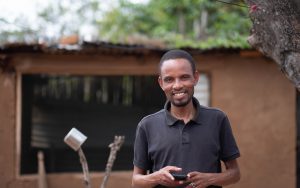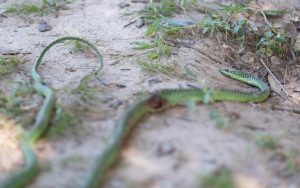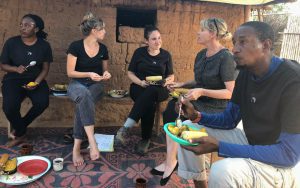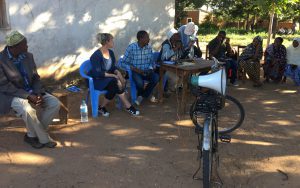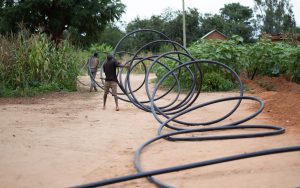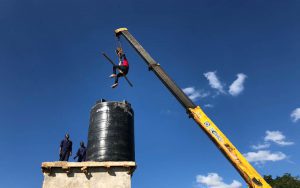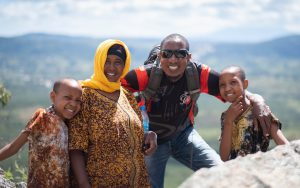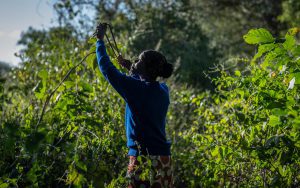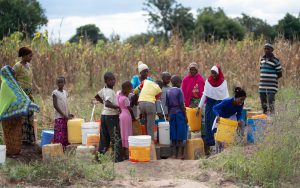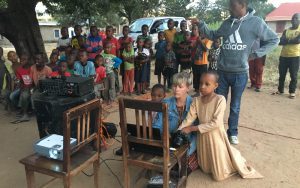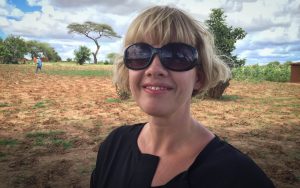Things that were once green were starting to turn brown. Sunflowers had turned their heads toward the ground, grass was falling back into the Earth, and people were starting to harvest their crops and leave them out to dry in front of their houses. The rain had stopped completely, and I could see the holes getting deeper.
“Msimu wa njaa” means the hunger season. This was the time after the harvest had finished and the sun was hot and relentless and food no longer grew. On the turnoff to Iyoli, we passed some fruit scattered called Matikiti Pori (direct translation is hunger lemon). These fruits were discarded because people were only willing to eat them during the hunger season. The Matikiti Pori was a subtle reminder that the season of hunger was fast approaching.
While there, one of my favourite people was Mbula, whose name means “the rainy season.” The older people in Iyoli all have names that reference seasons. Ilala means “honey harvesting season,” Lujii means “the season that the rivers flow,” and Mwasu is “the sunny season.” So, in the past, if there were 100 babies born in the rainy season, they would all be named Mbula. This tradition is gradually disappearing, but it shows how much the seasons matter.
Every day, Mbula came to the project site with gifts of food, like pumpkins, corn, millet, and milk. We graciously accepted these gifts even though I knew that each time I took them, it meant less for her. I want to tell her to keep them so she had more, but I couldn’t.
That day, as I was watching the structure for the solar panels grow, I thought about how the sun, an enemy in the dry season, was going to become the solution to power a pump that was going to bring water to the seven taps around the village.
I also thought about how easy it was to judge how long it took for work to happen, but these people were building this infrastructure with no onsite access to electricity or water, and they were using mostly hand tools because they had no other choice, and all the while, the sun was beating down on their heads. Brick-by-brick, truckload-by-truckload, this tower was going up with the help of people who had done this all before—many times over, but only we would know the secret story of sweat behind the solid walls of this structure.
I could only hope that this year’s season of hunger would pass quickly. There was one more video that I still needed to shoot and edit—one showing the flowing water. My flight home was quickly approaching, and it seemed like I might have to leave before the water started to flow, but there was not a chance in hell that I was going to miss that. We have worked too hard, so I extended my ticket home.




